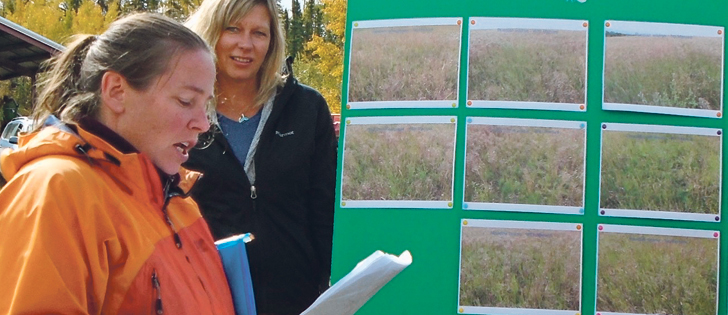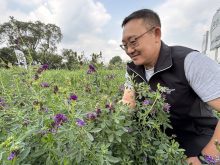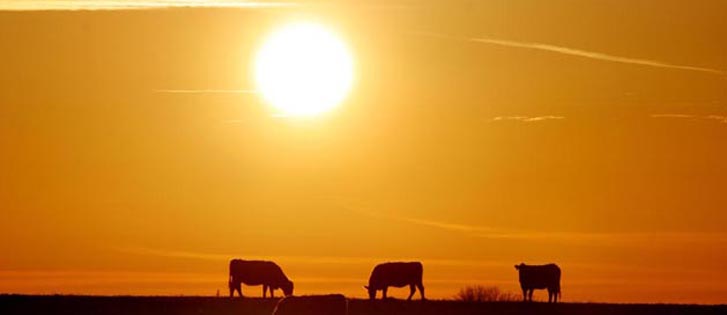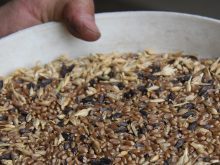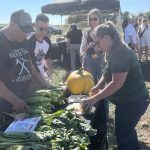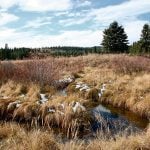It’s no secret that food production can be a complicated and mysterious process at times, not to mention risky.
Determining how to meet goals without losing money can be a challenge, but a just-completed research project in north-central British Columbia might make it possible to obtain the necessary information in less time and with less risk.
The British Columbia Forage Council initiative, Demonstrating Innovative Forage Production Practices to Increase Climate Change Adaptation, has resulted in a step-by-step manual for meaningful independent research on the farm.
Read Also
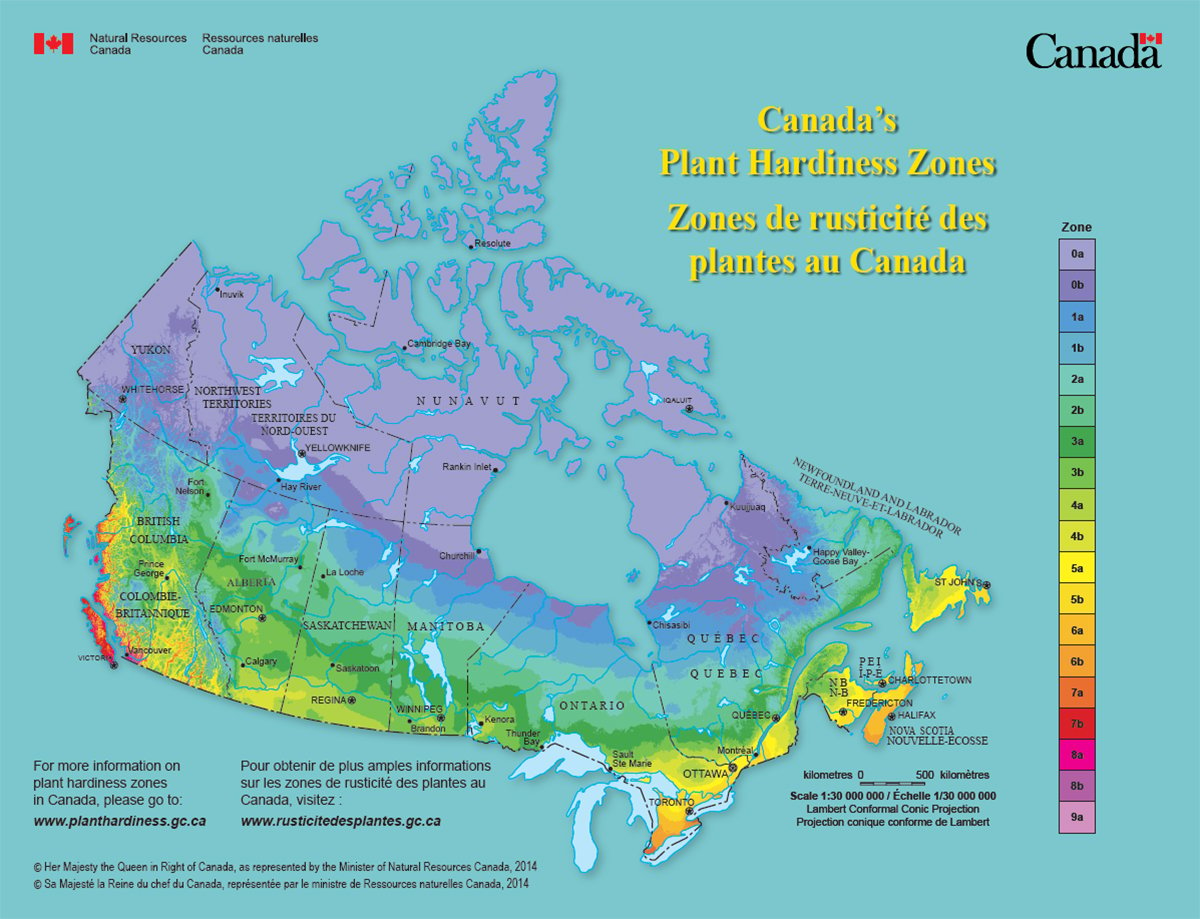
Canada’s plant hardiness zones receive update
The latest update to Canada’s plant hardiness zones and plant hardiness maps was released this summer.
The more than two-year process involved farmer volunteers, scientists, agrologists and academics.
The project, which was designed by the forage council and the provincial agriculture ministry, was implemented by Catherine Tarasoff of Agrowest Consulting and regional agrologist Lavona Liggins of the ministry.
They worked closely with four Vanderhoof area farmers with individual projects on their own farms.
Each participant decided what they would like to test and were guided in getting answers.
The tests focused on forage, such as varieties, most effective seeding density and mix of forages. Each farmer went through two planting and harvesting seasons and re-corded the results.
Tarasoff said the farmers had significant input in developing the manual, which while based on forage production would be useful for all food production.
“It applies to livestock producers, orchardists, market gardeners, anyone who is involved in agriculture,” she said.
Forage council manager Sheri Schweb said the manual has attracted a lot of interest from producers and researchers.
“It lays out the basics of research, allowing anyone at any knowledge level to perform their own trials,” she said.
“Producers can use that valuable information to decide if their idea is a viable business venture before they ‘bet the farm.’ It’s a needed tool in the agriculture industry.”
The council plans to set up forage study groups so producers conduct their own research, she added.
“The groups would get together once a month at different locations to share their experiences and methods,” Schweb said.
“They might invite guest speakers with needed expertise, discuss challenges and successes and possibly go for pasture walks.”
The council will post a digital copy of the guide and additional worksheets to its website at farmwest.com website.
Schweb said producers are encouraged to submit their research results for the website, either positive or negative, so that others can learn from their outcomes.
As well, research equipment is available to rent from the council, and a complete list will soon be posted on the website.
Hard copies of the manual will be available Feb. 22. A seminar is planned for Feb. 25 in Prince George.

